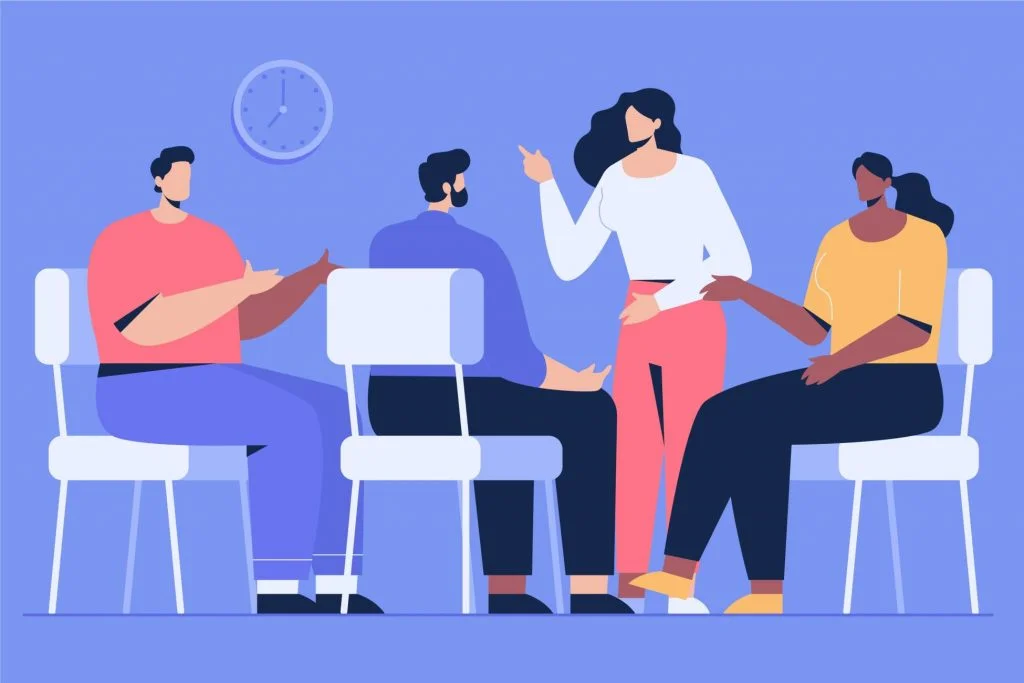Memories are a part of all of us. Our memories influence how we perceive the world around us, respond to new situations, perceive ourselves, and interact with others. Over our lives, we accumulate many different types of memories, from everyday routines to facts, subconscious behaviors, and even emotional patterns.
We think a lot about memory, whether it’s trying to remember our to-do list or looking back nostalgically on past experiences. However, we often don’t think about the complexity and nuances of memories. Memories can come from direct experience, but they can also come from family members, communities, and larger systems.
How does memory work?
Memory is the process by which our brains store information. Scientists believe that memory operates through a “dual process” framework. This means that memories work through a combination of unconscious and conscious thought processes. For instance, we may consciously try to remember or recall certain things, but there are also many pieces of information that our brains store without us thinking about it.
Our brains have processes for us to take in, or encode, information. For information to become a memory, it must be stored. Then, to use that information, our brain has to activate a process of retrieving or recalling the information. This is the basic process through which our brain stores memories. We can also receive memories from societal messaging, relayed information, and even experiences passed down through families.
Many Dimensions of Memory
Memory is very complex and can be studied in various fields, including history, neuroscience, psychology, and sociology. While psychology and neuroscience can examine the process of forming memories and factors that can affect them, history may study how collective memory is created in society or how memory is represented.
To study memory in more depth, researchers have started to combine the techniques and approaches of different fields. One example of this is the development of social neuroscience. This interdisciplinary field examines the relationship between processes in the brain and social behavior. This approach looks at behavior at the social level, cognitive level, and neural level, or the level of operations in the brain.
Collective Memory
We often think of memory as it operates at the individual level, but memories can also be formed, shaped, and shared by groups of people. We can all think of memories we share with others based on our generation, ethnic group, culture, or the country in which we are born. Collective memory can impact how we see historical and current events and interpret the world around us.
Collective memory can also take the form of institutional memory or collected knowledge possessed by a group of people. This can be knowledge shared in a workplace, government, religious group, or school. It often includes knowledge of shared procedures and customs and can be one of many elements that comprise collective memory. Collective memory can also take the form of shared emotions or perceptions and can be one reason for a person from a particular group having a different reaction to an event or social phenomenon than a person from another group.
Intergenerational Memories
Recent research has shown that memory can actually be passed down through generations. This can include the effects of trauma, behavioral patterns, and aspects of culture. Research suggests that this can actually be through changes in DNA that are passed down through generations. This has been studied in animals, as well as in people. Studies of intergenerational memory among people often revolve around traumatic historical events, like the Holocaust and their effects on subsequent generations.
Intergenerational trauma, or the process through which effects of trauma are passed down through generations, can be responsible for behaviors that are otherwise difficult to understand. If someone in your family has experienced a traumatic event, you may also develop behaviors based on responses to that event, even if you have not experienced it yourself. This can also intersect with collective memory, as the experience of one generation will inevitably influence how they raise and interact with the next.
How can collective memory affect your life?
Collective memory is complex, but it can also give you an interesting perspective on your own life and the world around you. Think about the social groups and communities that you are a part of. Can you think of experiences, memories, or behavioral patterns you share with other people in this group?
Understanding collective memory can give you a helpful framework to look at elements of your personality and behavioral patterns that may be difficult to explain. It can even help you to recognize risk factors for mental disorders. Most importantly, perhaps, it also shows the fundamental importance of community in shaping the human experience. Even when it comes to our memories, we are not alone.


